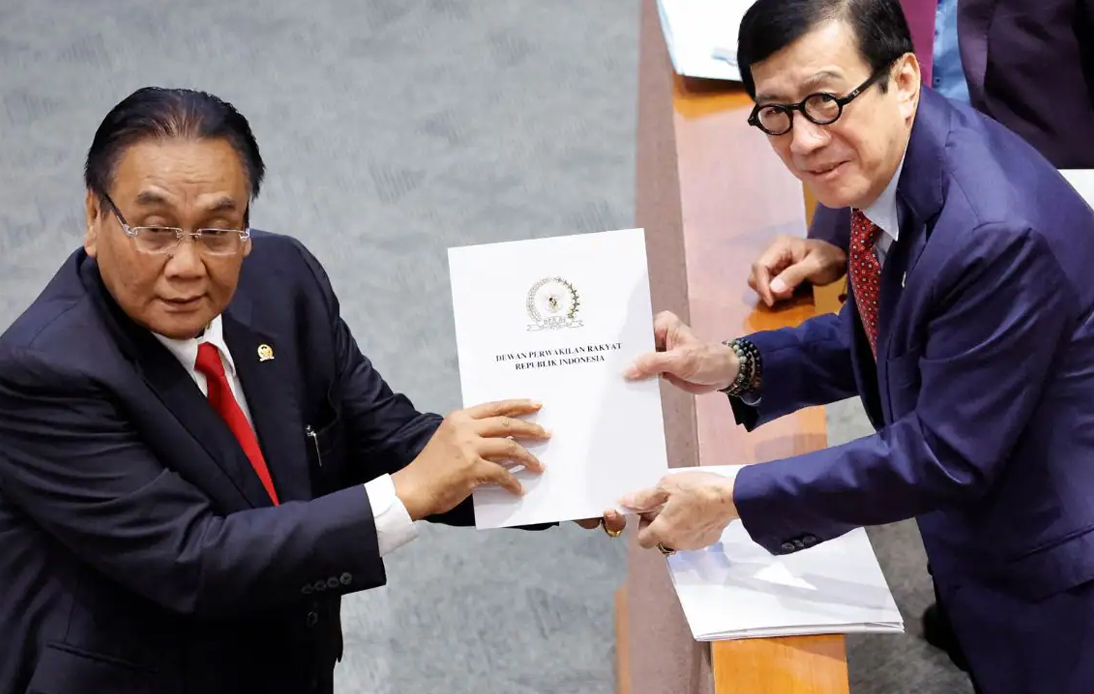
Indonesia’s parliament has passed a controversial penal code that prohibits people from having sex outside marriage.
Under this new law, extramarital sexual relations can be penalized with a prison sentence of up to one year. The new criminal code enters into force in three years.
The changes come as religious conservatism rises in Indonesia, a country with a Muslim majority.
However, critics consider the law a “disaster” and claim it harms human rights. Also, many believe that the change could affect tourism and investment.
Crowds, mostly young people, gathered to protest the legislation outside the parliament in Jakarta this week.
The new laws apply to locals and foreigners, including those living in the country and those visiting tourist destinations.
Even if they are couples, those caught having sex without being married can be penalized with up to a year in jail. Adultery is also considered a crime under the new penal code and carries a maximum punishment of imprisonment.
Locals and foreigners are also prohibited from living together if they have not married. This act can be punished with up to six months in prison.
Indonesia already prohibited sex before marriage, but the law was not strictly enforced.
Under the old rule, adultery defined sexual relations between a married man and a woman other than his wife. However, the new penal code prohibits all kinds of sex outside marriage.
Previously, unmarried couples found having sex and those engaging in adultery could face up to nine months in jail, but the sentence has been increased to one year.
According to the new legislation supporters, the changes have been designed to address critics’ concerns.
Now, the complaints will only be processed if they are filed by the parents, children, or spouse of the accused couple.
However, many have expressed concern about what would happen if a family member with whom they have a problem decides to file a complaint against them.
Human rights groups say the move disproportionately affects women, ethnic minorities, and the LGBT community.
The new penal code of more than 600 articles, which was unanimously approved by parliament, also contains clauses criminalizing political and religious expression, immorality, and blasphemy.




















